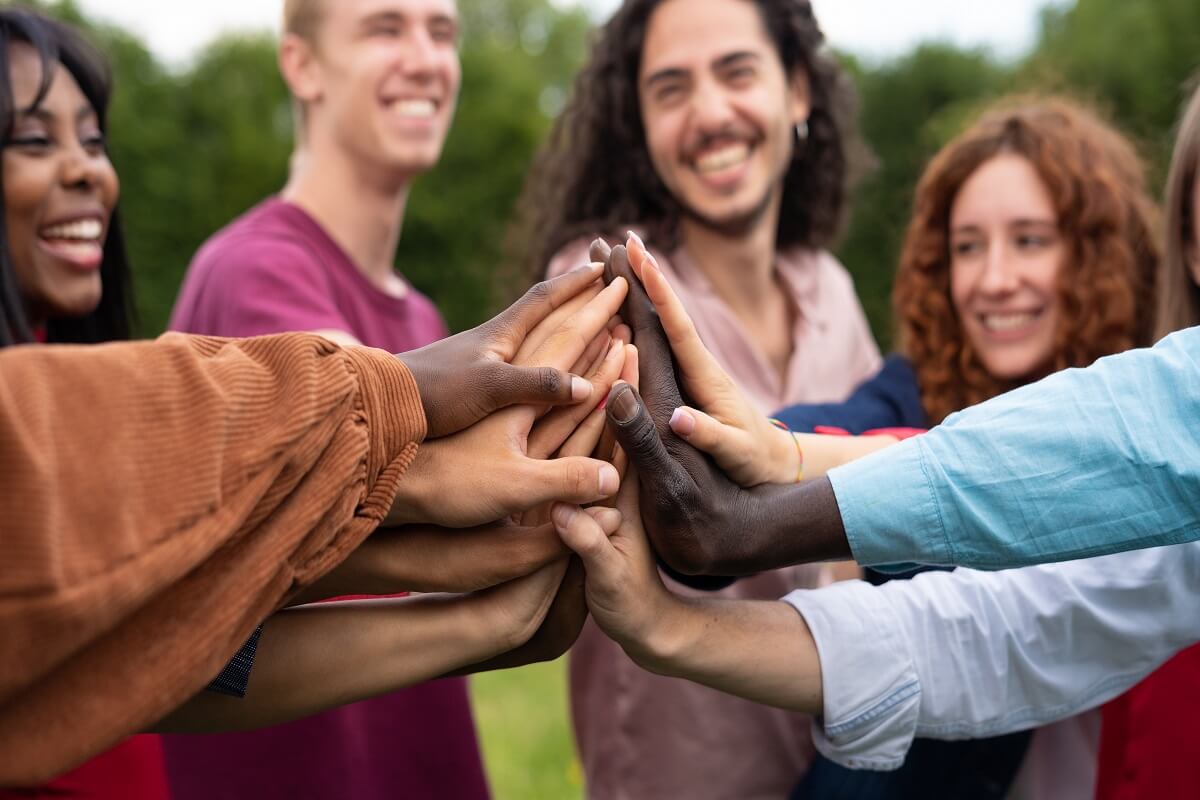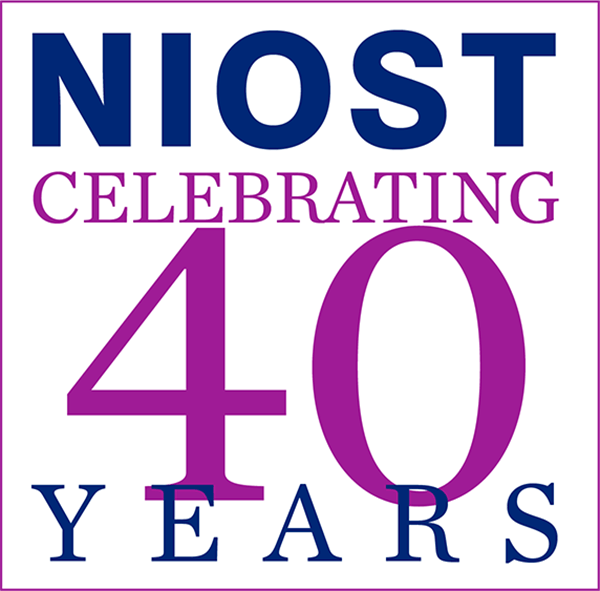How Relational Cultural Theory Helps Us Understand the Transformative Power of OST
March 16, 2023
 Below is an excerpt by Betsy Nordell, Ed.D., a NIOST master observer, from the book The Heartbeat of the Youth Development Field: Professional Journeys of Growth, Connection, and Transformation. The book was co-edited by NIOST Director Georgia Hall, Ph.D., Jan Gallagher, Ph.D., of Clear, Effective Communications, and NIOST Research Associate Elizabeth Starr, M.Ed. Here, Nordell talks about Relational Cultural Theory and how it can help us understand the transformative power of OST professionals.
Below is an excerpt by Betsy Nordell, Ed.D., a NIOST master observer, from the book The Heartbeat of the Youth Development Field: Professional Journeys of Growth, Connection, and Transformation. The book was co-edited by NIOST Director Georgia Hall, Ph.D., Jan Gallagher, Ph.D., of Clear, Effective Communications, and NIOST Research Associate Elizabeth Starr, M.Ed. Here, Nordell talks about Relational Cultural Theory and how it can help us understand the transformative power of OST professionals.
Ideas we as youth development professionals now take for granted, such as the human need for connection, the value of empathy and compassion, and the power of positive relationships to foster growth, can be traced back to Jean Baker Miller and her seminal book, Toward a New Psychology of Women (1976). The book’s content, once viewed as dangerous, radically challenged prevailing ideas about human growth and development.
Miller offered an alternative to the entrenched psychological models that articulated healthy human development as a process of increasing separation, autonomy, and independence. These models did not align with what Miller heard from her mostly female patients in her clinical practice. She sought to add the voice of women’s experience to psychological theory, identifying connection, empathy, and mutuality not as weaknesses or lower stages of development, but as strengths. Over time, through close collaboration with others, Miller’s beginning ideas evolved into the Relational Cultural Theory (RCT).
RCT views the expansion and deepening of healthy relationships as the markers and causes of human growth and development. We are social beings, built to function optimally in supportive groups. Gains in neuroscience have demonstrated this hardwired human need for relationships.
How people are met by the world, every day and over time, also matters. As RCT scholar Maureen Walker states in her most recent book, "Our sense of place and purpose in the world is shaped not only by formative relationships but by the omnipresent cultural messaging that establishes standards of beauty, goodness, worth, values, and reality." RCT reminds us to carefully consider the ways the cultural context, with its established power dynamics, shapes and constrains relationships affecting everyone's growth and development.
RCT is a natural fit for the OST field in many ways. For one, the OST program environment tends to allow more time for relationship building than traditional classroom settings do. Researchers have found this opportunity to cultivate positive relationships is a significant draw for OST professionals; it helps fuel their strong passion for and commitment to their work.
Youth workers’ genuine interest in forging strong bonds and creating a connected community pays dividends. The positive quality of adult-youth and youth-youth relationships affects the degree to which youth can set aside distractions, feel safe enough to fully engage, admit they do not understand something, and ask for help. RCT uses the term power-with to describe environments that intentionally support connection, empowerment, and growth. This dynamic arises when adults and young people alike strive to respect and acknowledge each person’s value, knowledge, and authentic capacity to contribute, while honoring different people’s needs and roles.
In power-with OST environments, adults tap into youth experience, expertise, and interests and provide age-appropriate leadership responsibilities. RCT specifically identifies five good things that happen within, and are outcomes of, such growth-fostering relationships:
1. Each person feels a greater sense of zest (vitality, energy).
2. Each person feels more able to act and does act.
3. Each person has a more accurate picture of themselves and the other person(s).
4. Each person feels a greater sense of worth.
5. Each person feels more connected to other person(s) and feels a greater motivation to connect with other people beyond those in one’s primary relationships.
Youth development professionals powerfully affect young people’s beliefs about who they are, what they can do, and who they can become. The research supports what is evident in the personal stories of youth workers in this volume: that their passion for positive relationships is the mechanism by which OST programs effect transformation.
Betsy Nordell, Ed.D., is a NIOST master observer. The above excerpt appears in the book The Heartbeat of the Youth Development Field: Professional Journeys of Growth, Connection, and Transformation.



